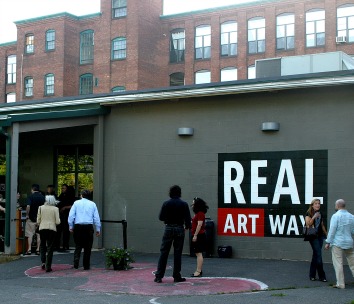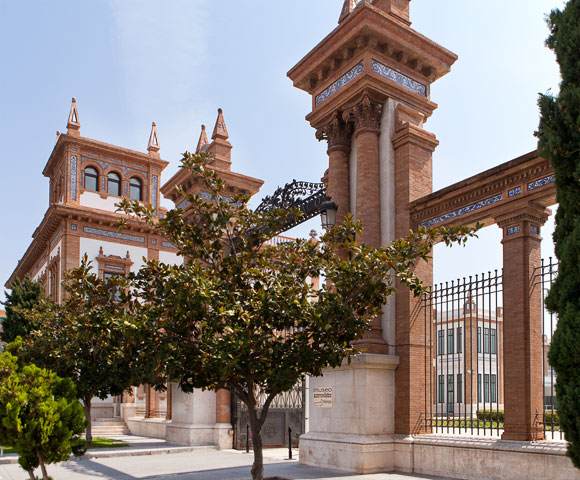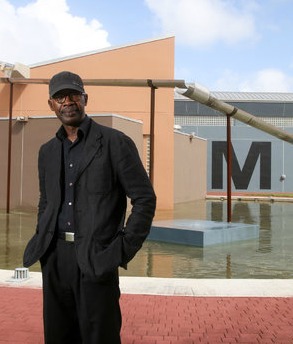The Michigan State Senate took the high road today, and therein lies a moral for not only politicians around the country but also the art world.
 Marshalling support from left and right, the suite of bills required to enable the so-called Grand Bargain to rescue Detroit, its pensioners and the Detroit Institute of Arts sailed through the senate “with large bi-partisan majorities” and now goes to Republican Governor Rick Snyder to sign. Said the Detroit Free Press:
Marshalling support from left and right, the suite of bills required to enable the so-called Grand Bargain to rescue Detroit, its pensioners and the Detroit Institute of Arts sailed through the senate “with large bi-partisan majorities” and now goes to Republican Governor Rick Snyder to sign. Said the Detroit Free Press:
Passage of the bills was a seminal moment in the city’s historic Chapter 9 bankruptcy process, and will strengthen the possiblity of a successful reorganization and emergence.
With the state’s contribution in hand, the city will have extra leverage in pushing pensioners and creditors to accept a settlement, pensioners will have added assurance that their retirement savings will be secure and the federal judge overseeing the proceedings will have firmer ground on which to base his rulings. It was a huge win — though the fight is far from over and now moves back to Detroit.
But the best part came next in that article — in two parts:
Senate Majority Leader Randy Richardville [at right], R-Monroe, called the package of nine bills a “smart, conservative decision,†that will help ease cuts to pensioners, save the artwork at the Detroit Institute of Arts from sale, and shields the state from future lawsuits regarding the bankruptcy — a major incentive for lawmakers.
Missing from the package was a bill that would have prohibited the DIA from seeking a renewal of a millage to support the museum or asking for a new one.
Not only did the senate refrain from muzzling voters in the three counties surrounding Detroit in future plebiscites, but also Richardville said the right thing, calling the bills smart and conservative. One of my fondest wishes is that many more conservatives around the country would recognize the public value of the arts, with money or recognition or both. (Not that all Democrats do.)
As for the art world, it should learn from this too. Far too often, the art world writes off the entire Republican party (I’m not talking tea party here) completely and with needless disdain. In my many years of reporting, some sources, who’ve always wanted (needed?) to remain anonymous, have told me they’ve been shunned for, say, performing at the Bush White House or even engaging in conversation with Republicans. Recently, George W. Bush’s paintings unhinged some critics (and by that I do not necessarily mean professional critics — Roberta Smith, you may recall, told everyone to “get a grip, especially those in the art world who dismiss the paintings without even seeing them“).
But it simply doesn’t make sense to make enemies needlessly. There will always be times when the arts need public support from — yes — the right side of the aisle. Maybe just at the margins, maybe not “large bi-partisan” votes, maybe votes that have all kinds of political motives. Who cares? It still pays to keep communication channels open and to listen to the other side. Even if you think they are dead wrong. They don’t have to know that.
Here’s the story, btw, from The Detroit News.
Photo Credit: Courtesy of the Detroit News




